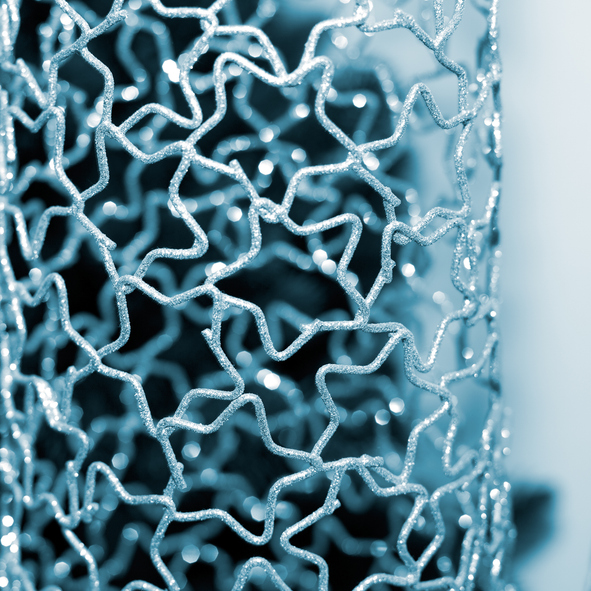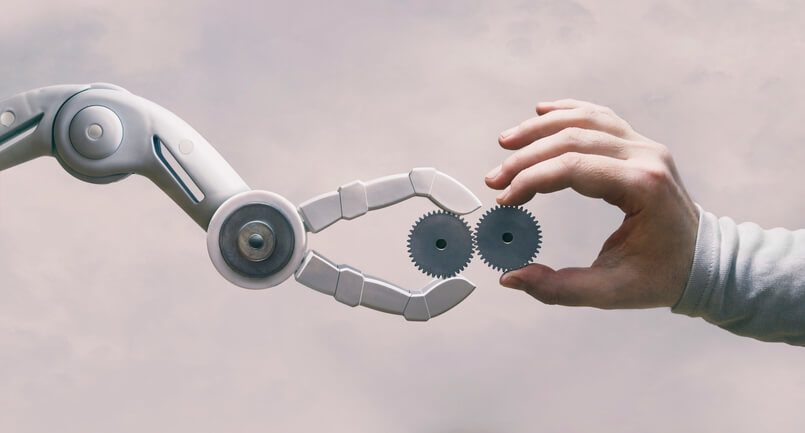BiSAM: Developing biocompatible superalloy filaments for advanced 3D printing

Investigador principal
Grupo de investigación

Fuente de financiación:
Gobierno de España
Periodo:
01/09/2025 a 01/09/2028
Tipología del proyecto:
Proyecto Individual
Estado del proyecto:
ACTIVO
Entidad financiadora:

Agencia Estatal de Investigación (AEI)
Financiación:
132.625 €
This project seeks to advance additive manufacturing (AM) by developing hybrid filaments composed of biocompatible superalloys embedded in a polymer matrix, specifically for use in **metal material extrusion (MMEX). Beyond filament development, the research focuses on optimizing the full manufacturing chain—including deposition, debinding, and sintering—while applying thermal, chemical, and mechanical post-processing. The aim is to achieve high-quality components with improved surface finish, dimensional accuracy, and mechanical performance through a cost-effective, sustainable, and scalable AM process.
To reach this goal, the project will first design novel extrusion-ready filaments using thermoplastic binder systems enhanced with additives to improve rheology, incorporating a high load of biocompatible superalloy powders. The next step will be to optimize printing parameters in MMEX alongside debinding and sintering conditions, ensuring minimized defects, improved surface quality, and enhanced structural properties. These optimizations will provide reliable pathways for producing high-performance AM parts.
Finally, post-processing techniques—including chemical treatments, thermal processing, and mechanical finishing—will be refined to further boost material properties and component performance. As a validation step, biomedical demonstrator prototypes will be fabricated, showcasing the feasibility of the approach and confirming its potential for clinical and advanced industrial applications. This integrated strategy aims to establish a foundation for robust, high-performance AM of biocompatible superalloys. The project is funded by the AEI 2024 Call – “Proyectos de Generación de Conocimiento, ref PID2024-162007OB-I00″.










